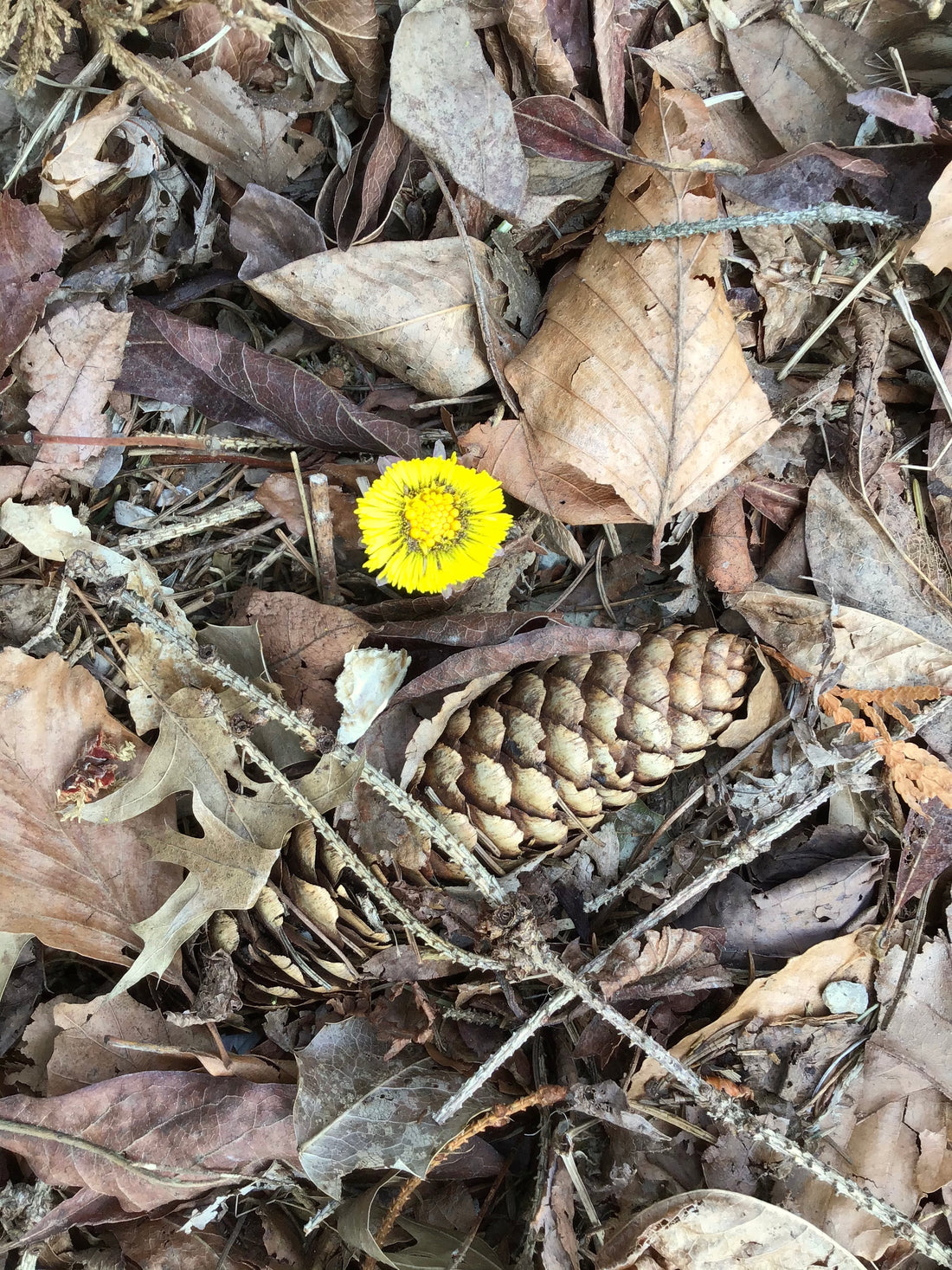
Reflections on Hope
Share
“If I should pass the tomb of Jonah
I would stop there and sit for awhile;
Because I was swallowed one time deep in the dark
And came out alive after all."
- Carl Sandburg
I think what is compelling about the time that we are living in is that we are all experiencing the same event. It may be impacting us differently depending on our circumstances, but all of us, everyone around the world, is having a collective experience of being swallowed up.
We’re waiting, hoping, for the time when it’s over.
I’m not someone who shies away from difficult experiences or hard emotions.
A lot of the work that I do as a spiritual director includes sitting with others and holding with them those deep, hidden, troubling emotions that so many people simply try to shove away rather than listen to what these emotions have to teach us.
I’m a firm believer that transformation happens in the dark – in the belly of the whale.
So, in order to talk about hope, I believe we have to understand its opposite.
The opposite of hope is despair.
When I say the word despair I can feel a shift in my body - like I understand the feeling of it in an embodied way. I wonder if this resonates with you too.
Despair - It’s heavy, it depletes my energy, I feel tired, deeply sad, I feel immobile when I just say the word ‘despair’. I don’t want to do anything when I experience a sense of despair.
I really like what the theologian Matthew Fox writes about despair: “Our very despair is a cause of hope, for despair often results in breakdown, and breakdown results in breakthrough.”
If we switch and focus on hope and simply notice what hope feels like in our bodies – it feels light – it makes me want to look outward – I feel like there is energy in it – an energy that makes me want to do something.
And, actually, that is exactly the key to what hope is.
Hope is action.
Hope is doing something.
Hope is taking action to make an imagined life-giving future a reality.
Margaret Wheatly wrote a book 20 years ago after 9/11 about what it takes to restore hope to the future. It’s titled ‘Turning to One Another: Simple Conversation to Restore Hope to the Future.’
In it she wrote “The cure for despair is not hope. It’s discovering what we want to do about something we care about.”
A question to ask ourselves if we want to have hope is - What do we care about?
What aspect of life need to be better for the sake of the future?
There is a paradox in hope. In order to have hope we have to sit and notice what creates despair.
What we despair about tells us what we care about.
Despair tells us what we want to hope for.
I know that a lot of people are using this time during the pandemic to notice what aspects of the way life was before should not return once the pandemic is over.
Less commuting and travel has revealed a healthier planet.
Fewer social obligations for some people has meant more time for what is life-giving for them personally.
And, there are the things that the pandemic has brought to our collective attention – like racial inequality and gender-based violence.
There's truly no shortage of things to care about.
What hope is being formed in you during this time in the dark?
What do you hope life will be like when the pandemic is over?
Hope is our invitation to imagine and work for a future where the conditions that create despair do not exist.
What would it take to imagine a future without despair?
That is the work of hope.
“If I should pass the tomb of Jonah
I would stop there and sit for awhile;
Because I was swallowed one time deep in the dark
And came out alive after all."
- Carl Sandburg
